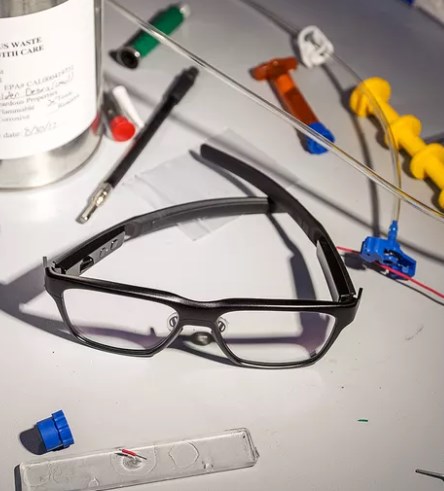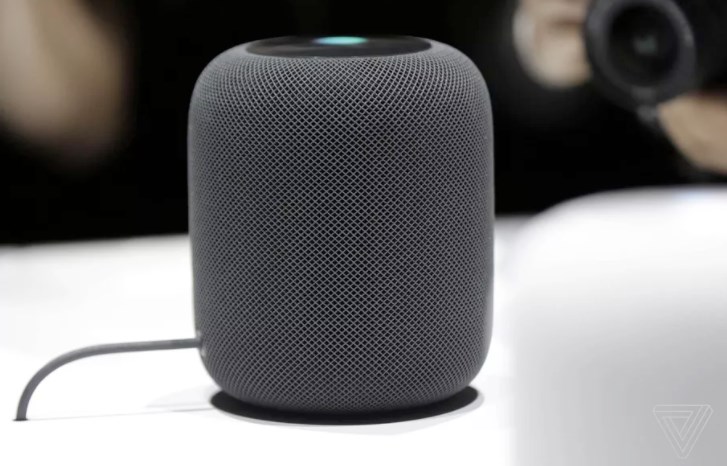In a few years new Quantum computers from IBM, Google and Microsoft will accelerate breakthroughs in chemistry and materials

Google kills off the Captcha, ensuring humans don’t need to see the most annoying thing on the internet
March 17, 2017
Microsoft’s first-ever desktop PC blows away the Mac
March 22, 2017
Quantum computers will be more powerful than conventional computers for problems like efficient routing for logistics and mapping companies, new forms of machine learning, better product recommendations, and improved diagnostic tests.
The first universal quantum computers will be used for simulating molecules and reactions. Early, small quantum computers are ideally suited for chemical and molecular simulation.
Simulating the quantum effects that shape molecular structures and reactions is a natural problem for quantum computers, because their power comes from encoding data into those same challenging quantum states. The components that make up quantum computers, known as qubits, can use quantum-mechanical processes to take computational shortcuts impossible for a conventional machine.
Microsoft is betting on a less mature form of quantum hardware than IBM and Google but it has one of the most advanced efforts to develop practical quantum algorithms. Chemistry and materials science are among of its primary areas of focus. The group’s researchers have recently tried to show how hybrid systems in which a conventional computer and a small quantum computer work together could simulate chemistry.
“It has great promise for studying molecules,” says Krysta Svore, who leads Microsoft’s group working on quantum algorithms. Looking for new, practical superconducting materials is one possible application of the hybrid model that shouldn’t require very large quantum computers, she says. Conventional computers struggle to replicate the quantum behavior of electrons that underpins superconductivity.
The first universal quantum computers will be used for simulating molecules and reactions. Early, small quantum computers are ideally suited for chemical and molecular simulation.
Simulating the quantum effects that shape molecular structures and reactions is a natural problem for quantum computers, because their power comes from encoding data into those same challenging quantum states. The components that make up quantum computers, known as qubits, can use quantum-mechanical processes to take computational shortcuts impossible for a conventional machine.
Microsoft is betting on a less mature form of quantum hardware than IBM and Google but it has one of the most advanced efforts to develop practical quantum algorithms. Chemistry and materials science are among of its primary areas of focus. The group’s researchers have recently tried to show how hybrid systems in which a conventional computer and a small quantum computer work together could simulate chemistry.
“It has great promise for studying molecules,” says Krysta Svore, who leads Microsoft’s group working on quantum algorithms. Looking for new, practical superconducting materials is one possible application of the hybrid model that shouldn’t require very large quantum computers, she says. Conventional computers struggle to replicate the quantum behavior of electrons that underpins superconductivity.



